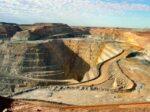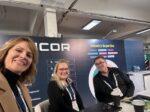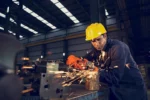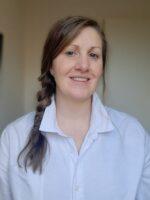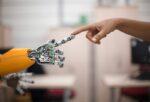EMA appoints John Fraser-Mackenzie as new Chief Executive
The Employers and Manufacturers Association (EMA) has appointed John Fraser-Mackenzie as its new Chief Executive. EMA Board spokesperson David Welsh says the Board is delighted to have appointed someone of Fraser-Mackenzie’s calibre. “John brings significant senior leadership and commercial acumen to the EMA and has the experience we need as we continue to update our systems, processes and services to best support our members,” says Welsh. Fraser-Mackenzie has previously been Chief Financial Officer and Interim Chief Executive at Metro Performance Glass, Executive Director at Pacific Harvest Limited, Finance Director at Goodman Fielder, and Head of Finance Eastern Europe at HJ Heinz. During his time at Metro Performance Glass, Fraser-Mackenzie refocussed the business and oversaw an increase in revenue, implemented a new procurement structure and led strategic finance, investor relations and governance through a period of significant business growth. Fraser-Mackenzie says he is excited to have been appointed as the EMA’s new Chief Executive and is looking forward to taking up the role. “The EMA is New Zealand’s largest business association and has a long and proud history supporting businesses in the upper North Island,” says Fraser-Mackenzie. “It’s an honour to have been appointed the new Chief Executive and I am looking forward to getting started and helping build on the work done to date and strongly position the EMA to support and deliver the services businesses need.” Fraser-Mackenzie, who starts the role on 10 June, replaces Brett O’Riley, who is standing down after five and a half years as EMA Chief Executive. Welsh thanked O’Riley for his commitment and service to the EMA. “Brett successfully led the EMA through a period of significant change,” says Welsh. “The past five years have been some of the most challenging the Association has experienced, with a pandemic followed by a major economic downturn. […]



